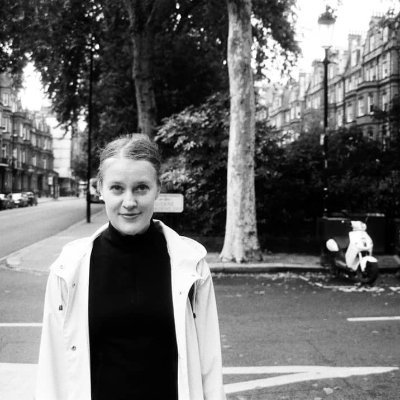Last week, Variety reported on Sofar Sounds being alive and kicking. The American branch of the company confirmed that despite Covid they managed to pay artists $30 million since the pandemic started. This includes live shows as well as a new fan reward scheme and artist service Seated.
Founded in 2009, Sofar Sounds took up a niche presenting to the world up-and-coming artists at unexpected secret venues, mostly at people’s homes. With their headquarters in London, the company quickly grew into a global network of music events organisers based in 36 countries before the outbreak of the pandemic.
Although each country has its template for ideal Sofar Sounds acts, the series of live events at intimate venues reveal new talent and pinpoint fresh trends in music. Such artists as Billie Eilish, Bastille and Leon Bridges did Sofar shows before embracing stardom on the international level.
Visited by The Music Void last weekend, an event in London featured Anna Colette, an indie-folk guitarist and singer from Bristol, Italian neo-soul artist Queen Kaltoum and London-based rap pianist Harvey Whyte. The latter boldly delivered elaborate passages on the grand piano while ranting on current-day topics such as boredom, Tinder and anxiety. Such rendering of rap and hip-hop is certainly refreshing and somewhat entertaining. On the artist’s Instagram profile, the bio section defines him as Rap Cobain, with an apparent reference to Nirvana. Fair enough.
In keeping with the concept, the event was organised in a private apartment – a penthouse with panoramic windows offering a bird’s-eye view of central London. As intimate as the private space can be, the whole event felt accommodating. Each set was preceded by a short introduction from the crew who also mentioned the artists’ social media profiles and the opportunity to support the acts by buying merchandise or attending their shows.
Like the show in London, many Sofar events pursue an acoustic format which is how the company attempts to raise awareness and tackle the climate change crisis. This also means that artists don’t need to be bothered with soundcheck.
As one of the musicians noted, Sofar Sounds is a good business model, providing benefits to the secret hosting venues, especially commercial spaces, and artists, who are paid at the rate of £75 for a 20-25-minute set. Not bad money considering the length of performance, the opportunity to promote your music and just have fun. That said, the rate is fixed and doesn’t depend on the number of attendees. So even if you have 50 people each paying £21 for a ticket you still get what you are entitled to get. No more no less.
The fact that the Sofar Sounds business remains relatively steady is mostly due to the successful collaborations and sponsorship negotiated in the pre-pandemic times. Seven years ago, Virgin Group’s Sir Richard Branson agreed to invest in Sofar Sounds, while in 2017 the community managed to make a deal with Airbnb enabling customers in San Francisco to secure seats at the music events through the Trips platform. Their strategy during Covid earned Sofar Sounds the reputation of benefactors. The management decided to pay the musicians whose shows were cancelled. Talking to Variety, the company’s CEO Jim Lucchese explained: “We had 3,000 artists that that we had to cancel. So sent them a note and originally said, ‘Here’s the money for your shows, what we typically pay, consider it an advance,’ thinking we’d be back in a few months. But as things dragged on, we just said, ‘Keep that money as a grant, basically.” This became a basis for a formal grant program.
The company quickly adopted the format of live-streamed concerts allowing artists to keep 100% of donations. A very generous move considering the overwhelming financial difficulties for the music industry at that time.
On the flip side of the coin, Sofar Sounds have been notorious for underpaying their staff. Despite all the successful deals made previously, the company relied on unpaid labour until 2019. Forced by the New York Department of Labor, they had to change their business model. Eventually, the company launched Sofar Crew and started hiring workers part-time. In their review of the company on Indeed, one New York-based employee wrote: “Overall a great company to work for, but they don’t pay their part-time workers nearly enough. The part-time workers are responsible for making sure the show runs smoothly since no management is present, so you would expect they would get compensated as one”. Perhaps, this is another secret of successful business alongside secret locations and fantastic sponsorship deals.
According to Variety, the company expects to stage 10,000 shows in around 400 cities by the end of 2023.



